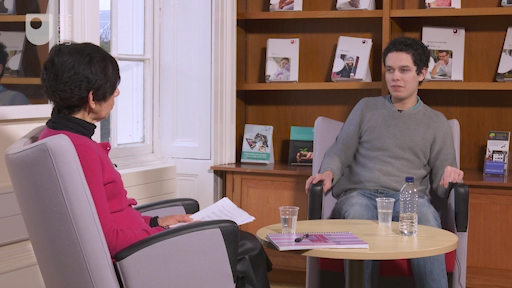6.2 Accompanying medical and psychological difficulties
In some individuals, autism goes together with other physical or psychological health problems. Perhaps the most common of these is epilepsy. It is estimated that up to one third of people on the autism spectrum may be prone to epilepsy, which is more common in ‘low-functioning’ autism (Viscidi et al., 2013). Some researchers believe that there are common sources for the atypical brain activity associated with autism and epilepsy. Fortunately there is a range of medications and treatment which can help to prevent seizures occurring, but sadly this is not always the case.
Other common problems that co-occur in some cases of autism are
Here Alex talks about his obsession with handwashing, and how he overcame it.

Transcript
Depression and anxiety are also common in autistic people, and there may be many reasons for this. At school, young people with autism often experience bullying, because others perceive them as different or eccentric, and this may lead to low self-esteem and social isolation. Similarly at college, university or in the workplace, autistic people may find it hard to fit in and make friends, suffering all the more because they don’t understand why.
Here Alex talks about his experiences of bullying at school.

Transcript
The NAS (National Autistic Society 2018a; 2018b) has further information about all the problems discussed in this section.
